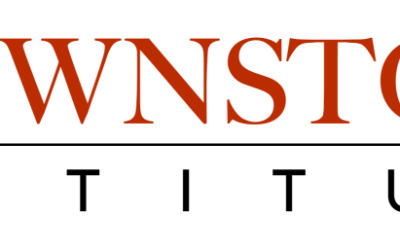INTRODUCTION
 Article 20 of the United Nations Universal Declaration of Human Rights states, “everyone has the right to freedom of peaceful assembly and association,” and “no one may be compelled to belong to an association.”1 Similarly, the Canadian Charter of Rights and Freedoms recognizes that every Canadian has the freedom to associate, which also implies the freedom not to associate.2
Article 20 of the United Nations Universal Declaration of Human Rights states, “everyone has the right to freedom of peaceful assembly and association,” and “no one may be compelled to belong to an association.”1 Similarly, the Canadian Charter of Rights and Freedoms recognizes that every Canadian has the freedom to associate, which also implies the freedom not to associate.2
While there are millions of people in the world who are denied this freedom, it may come as a surprise to many that among them remain post-secondary students in Canada. That is right: By law, post-secondary students must join a student union. In all 10 provinces, membership in a student union is mandatory and paying fees is compulsory.
When it is understood from the perspective of violating a fundamental human right, the case for voluntary student unionism (VSU) amounts to pointing out that provincial governments have a responsibility to restore what is guaranteed to all, namely, the right to associate.
Many students, however, continue to support compulsory student unionism regardless of the fact that it violates both the UN Declaration of Human Rights and the Canadian Charter of Rights and Freedoms. Specifically, they argue that student unions are a kind of government that, like other governments, have a right to compel membership and coercively tax their members in order to provide certain public goods the members would not have otherwise. They also argue that student unions represent the interests of all students, so all students should be required to join one.
This Backgrounder considers the validity of each of the preceding arguments. First, it addresses the issue of whether student unions are also governments that have a right to compel membership and coercively tax their members. It does this by comparing the nature of a government to that of a union in order to distinguish between the two. Second, it deals with the issue of whether student unions provide public goods. To do so, it subjects goods and services offered by student unions to a public goods litmus test. Finally, it discusses whether student unions actually represent the interests of all students by taking a closer look at how student funds are spent.
The Canadian Charter of Rights and Freedoms “guarantees the rights and freedoms set out in it subject only to such reasonable limits prescribed by law as can be demonstrably justified in a free and democratic society.”3 This means that while the rights in the Charter are not absolute, there must be “reasonable limits” when they are curtailed.
This Backgrounder finds that there are no “reasonable limits” that justify curtailing the right to associate on university campuses. All three of the aforementioned arguments used to defend compulsory student unionism prove to be either misguided or predicated on false assumptions.
Not only are student unions not governments, they do not provide public goods or represent the interests of all students.
View entire study as PDF (11 Pages)


